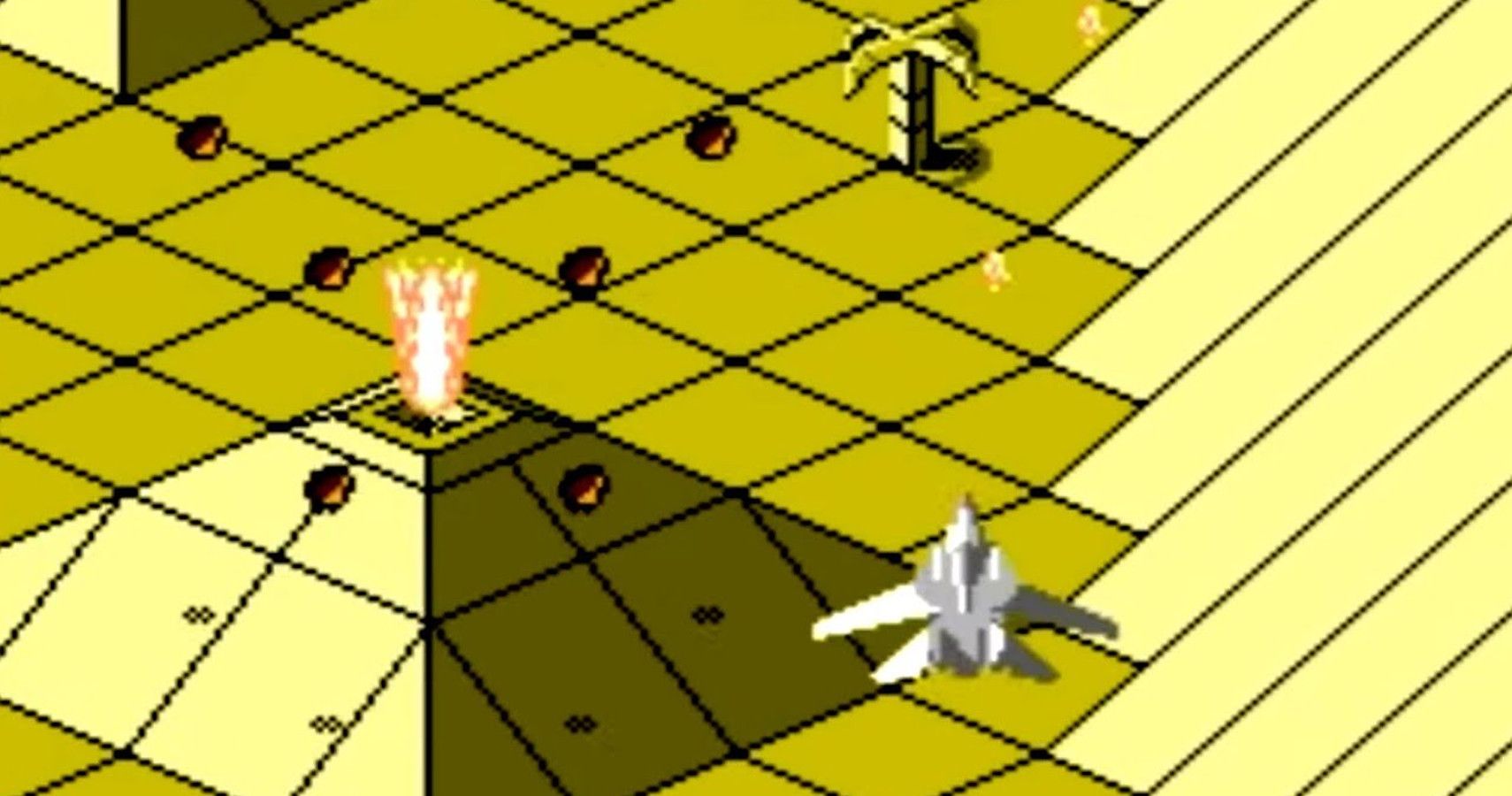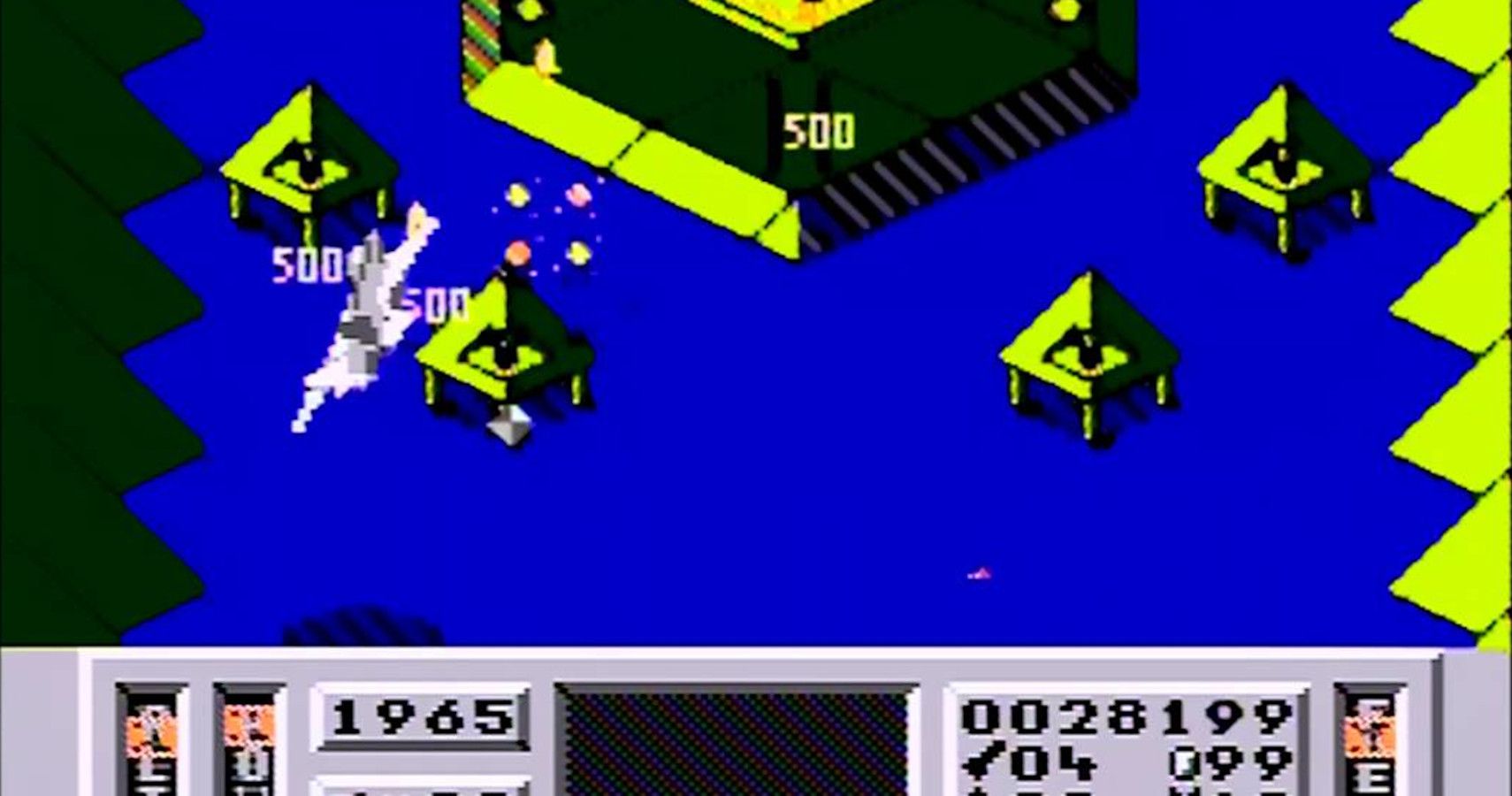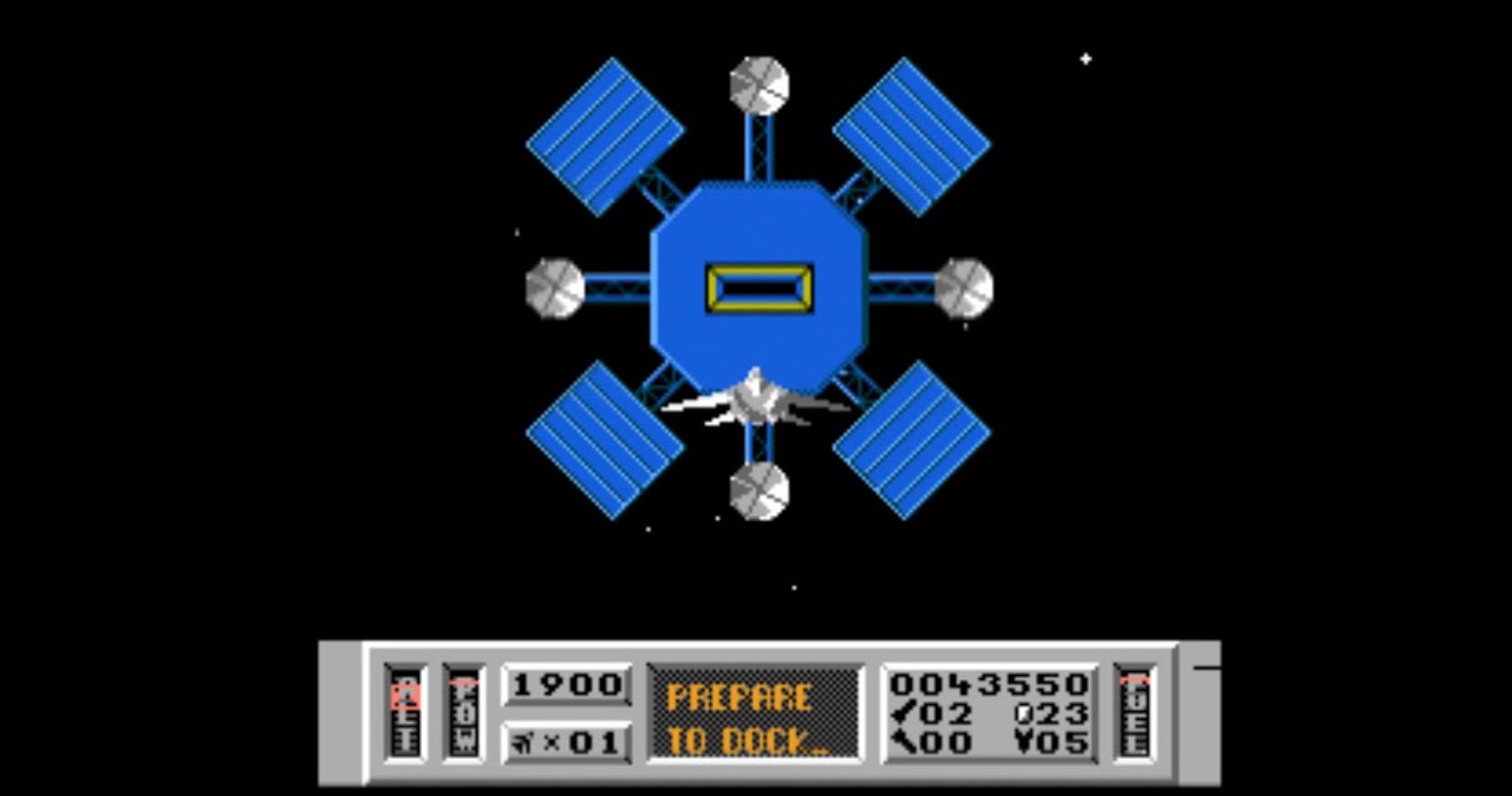Captain Skyhawk Taught Me the Meaning of Mastery in Gaming
The game that first taught me this lesson, more than any other, was Captain Skyhawk for the Nintendo Entertainment System.
You Are Reading :Captain Skyhawk Taught Me the Meaning of Mastery in Gaming

When we talk about mastery in gaming, we are talking about something very specific. What we mean when we talk about mastery is extremely high skill at gameplay. In a very real way, this type of mastery resembles mastery of a craft more than strictly critical or academic usages of the word.
The game that first taught me this lesson, more than any other, was Captain Skyhawk for the Nintendo Entertainment System.
As an elder gamer, my first games were played on an Intellivision, and my formative gaming experiences tend to center around what was available at the time. It didn’t matter that much whether I liked a given game, so much as if I owned it or not. So when I happened to pretty much stumble onto a game that I actually liked, I tended to play it a lot. Captain Skyhawk is one of the earliest times in my life that I remember happening.

As a game Captain Skyhawk isn’t all that special to be honest. It’s an old-school shump in which players pilot an F-14 Tomcat fighter in futuristic space battles against aliens. The game was released in 1990, a time when the bullet hell subgenre was still forming in arcades and console shooters were doing a lot of different things. Captain Skyhawk is part of that second group. The game split levels into sections, with top-down perspective and sections played from behind the ship. At the end of each level, players dock their ship with a space station and buy weapons in preparation for the next level. It also lets players control the speed of the level’s scroll in the top-down levels.
Compared to modern shumps, Captain Skyhawk is pretty tame, but it was one of four or five games I had access to at eight years old, and probably my favorite. At the time, I could look forward to being gifted two or three games a year. Occasionally, I could convince a parent to let me rent a game instead of a movie from the now-defunct Wherehouse Music and have a few days to beat it. With so little available, I tended to finish more games than I do now, but once a game was done I would usually be done with it. Captain Skyhawk was probably the first game that I continued to play after I beat it.
This is how I learned the difference between finishing a game and mastering it. The first time I finished Captain Skyhawk I remember just barely squeaking by. By the time I stopped playing the game altogether, around the time I got a SNES for Christmas as I recall, it was more a question of whether I would have a perfect run or not. As stated above, at the end of each level of Captain Skyhawk the player must dock with a space station. The player’s ship must begin its approach at the correct timing to enter a rotating hangar bay. By the time I quit playing this game completely, I could practically do this with my eyes closed.

The method by which I gained this command over Captain Skyhawk was the sort of rote repetition that I still recognize when playing a Strike in Destiny 2. Even though games have progressed and evolved so much since the early 1990s, many still rely on the same human impulse to master a task or craft. This could be an aspect of games that sets them apart from other artistic mediums. The fact that engaging with these works can require a great deal of systems literacy and proficiency gives them a distinctive character as an art form.
This aspect of games does not, however, make them unique. Even something as relatively simple as reading a novel requires mastery of the language in which the book is written. A way to test this fact is to try reading a book in a language you don’t know. The key distinction here is that the systems in games are largely understandable through experience. There is no one set of systems that is universal across all games so players need to learn a new set of rules with every game they play. When someone learns to play the piano they can, in theory, play any song with enough practice.
In games, though, someone who is a master speedrunner or professional competitive player will have skills that will not translate to every game. This is not, as some might argue, akin to asking a piano player to play a song on the guitar. The comparison here would be asking a pro PC player who uses a mouse and keyboard to use a gamepad instead. Even though this represents a meaningful difference in the medium of games, we are still able to relate the aspect of systems mastery back to other forms of art.
Captain Skyhawk may have been a fairly simple example of this aspect, and few people today remember it. For me, though, it was the first time I experienced mastering a game.
What was the first game you ever mastered?
Link Source : https://www.thegamer.com/captain-skyhawk-mastery-gaming-essay/
